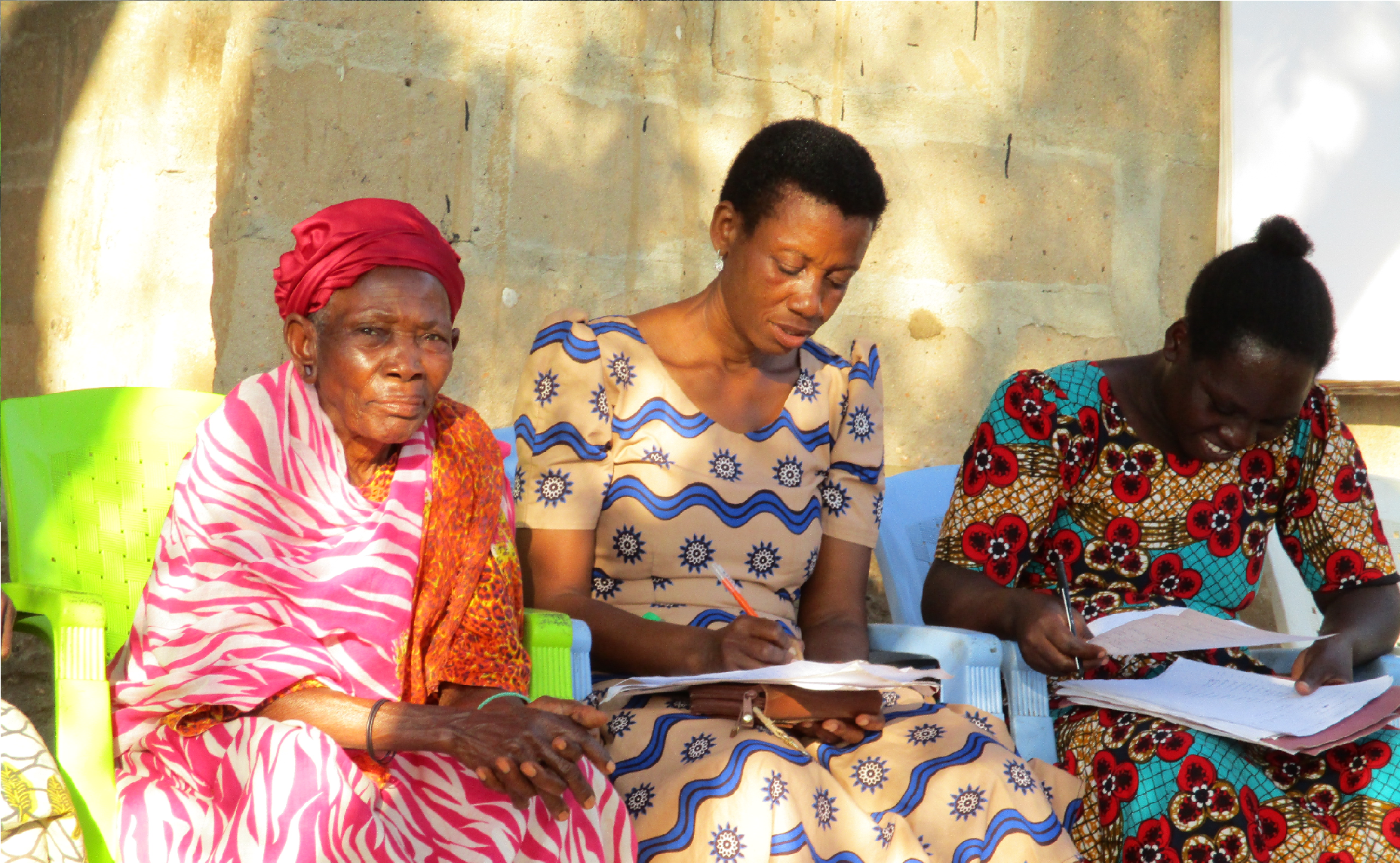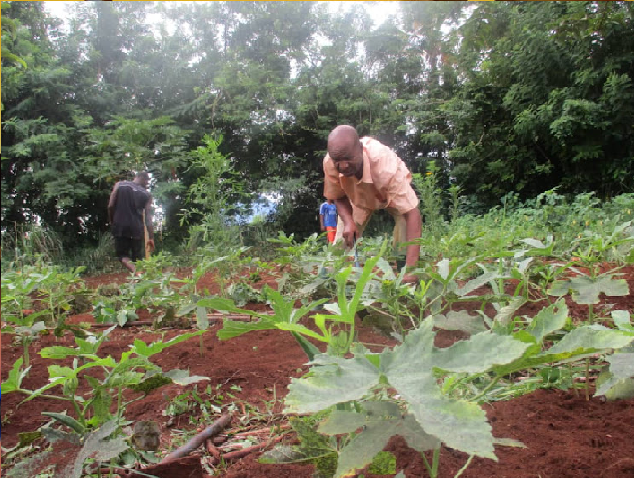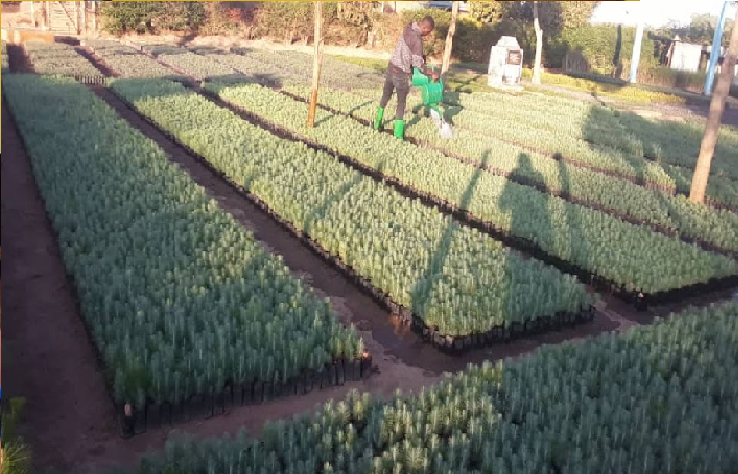

.

.

Society for Conservation and Development Empowerment’s mission statement is valuing life in all its varied forms including the environments which support it.
.

.
.

Copyright ©SOCODEE